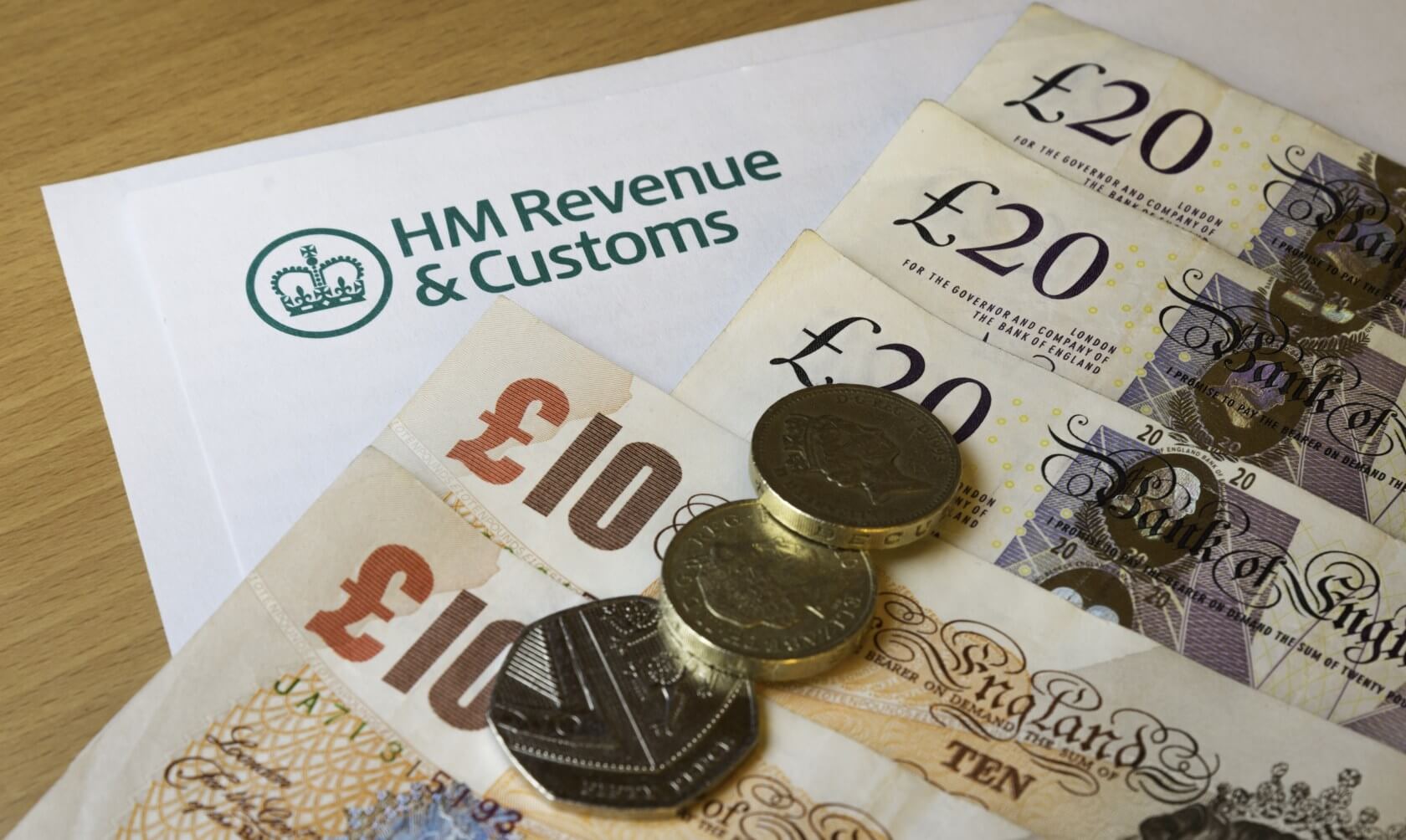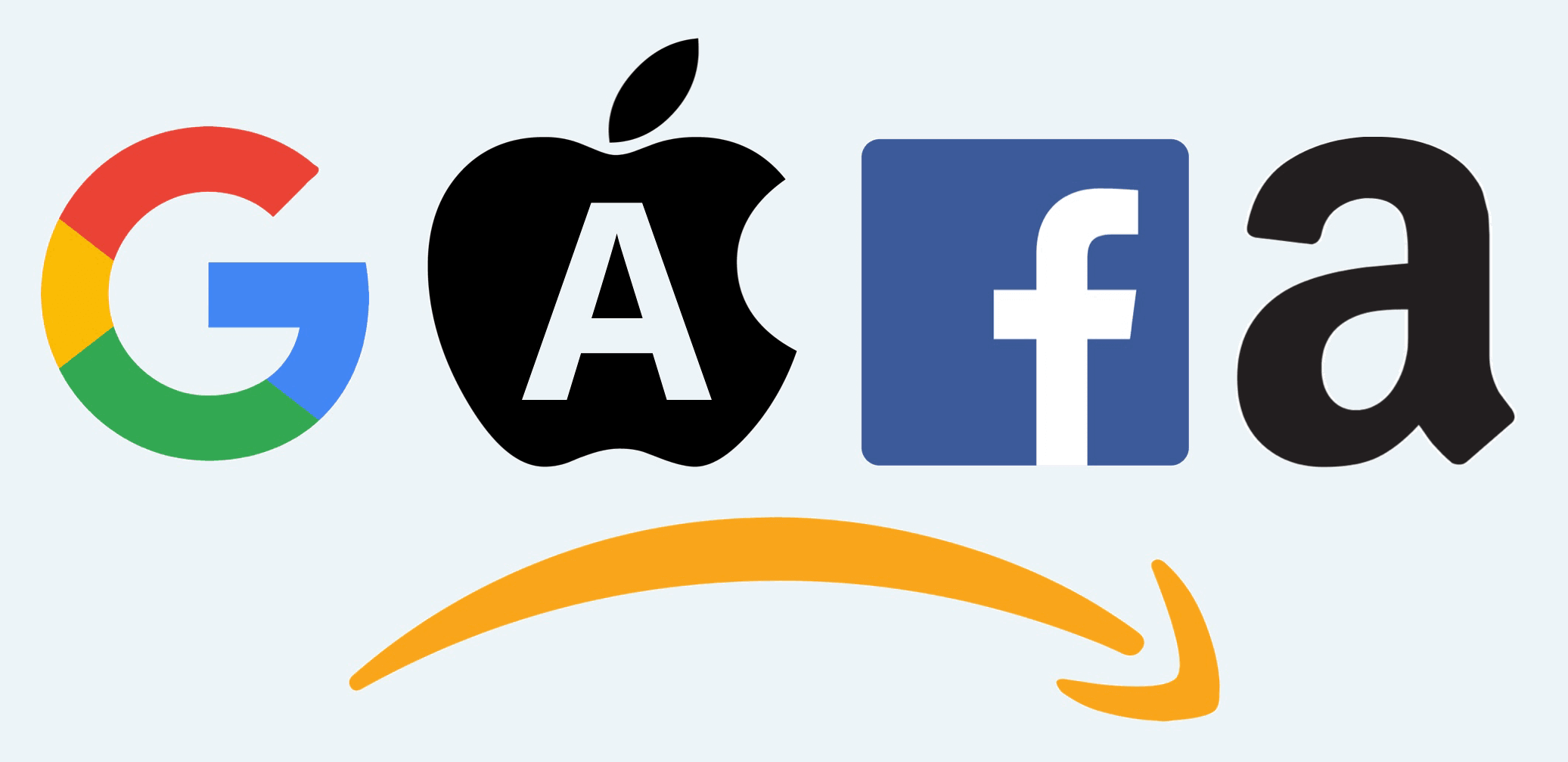Why it matters: Spain, France, and now the UK have all introduced their digital services tax for Big Tech, in an effort to address concerns about multinational corporations avoiding taxation in countries where they derive a profit without a physical presence. Until the OECD comes up with a solution that 137 countries can agree on, some governments feel that an interim solution is high on the priority list.

Last year, the Trump Administration vowed to impose significant import taxes on several French products after the latter country's government announced the introduction of a "digital services tax" that would target companies like Google, Apple, Facebook, and Amazon.
Now, the UK has announced that starting in April, it'll tax revenue made from digital services like online marketplaces, search engines, social media platforms, streaming services, and pretty much any other online company that derives value from UK users.
The Digital Services Tax (DST) will apply to multinational companies that register revenues of £500 million ($641 million) on an annual basis, but only if £25 million ($32 million) of that is derived from UK users. The UK wants to tax the latter chunk at a rate of 2 percent.

HMRC will spend £8 million ($10 million) to develop the IT system and processes needed to monitor and administer the newly introduced tax, and the estimated effect of DST is expected to range from £280 million ($359 million) in the first year to more than £500 million ($640 million).
By comparison, Spain and France are looking to tax digital revenue at a rate of 3 percent, but the latter country has been persuaded by other EU members to hold off on applying the new rules until the end of this year, when the Organization for Economic Cooperation and Development (OECD) will have to reveal a preliminary draft for international tax rules that are supposed to bring 137 countries on the same page.
This would generate a total of over $100 billion in global corporate income tax revenues that will be beneficial for both high-income and developing economies, and will make profit shifting much less appealing to big tech companies.
As for the UK, the decision will arguably affect US-based companies disproportionately, which is bound to increase tensions between the two countries. At a Davos meeting in January, US treasury secretary Steven Mnuchin hinted that a levy on UK car exports is a very likely outcome for the DST.
Global trade association ITI -which is a lobbying group representing companies like Google, Amazon, Facebook, Apple, Snap, Twitter, and eBay - noted in a public statement that "the digital services tax proposed by the UK represents the latest in a worrying and very real trend of countries departing from important multilateral efforts to secure an agreement on international tax reform."
https://www.techspot.com/news/84360-uk-introduces-2-tax-search-engines-social-media.html